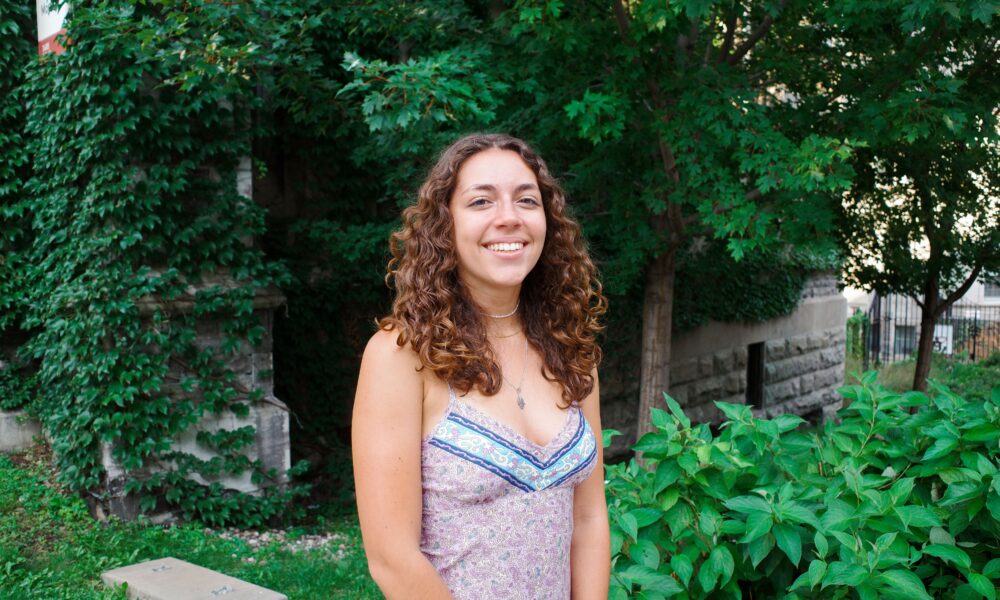A few weeks ago, my friend Toscane and I were stopped by a man who asked us if we were French. With our affirmative response, he excitedly expressed his love for our accent before noticing the Hamsa pendant on my necklace. Also called the Hand of Fatima, the Hamsa symbol is popular in North Africa where it is believed to ward off evil and bad luck. The man then asked me: “Are you Moroccan?” When I answered that my mom was, his face lit up, and he started speaking to us in Arabic. I apologized and politely explained that I unfortunately didn’t speak the language—and his disappointment was obvious.
I am all too familiar with this kind of situation. I feel proud when people ask if I am Moroccan, but that feeling quickly fades when I cannot interact with them in the language. The shame I feel in those moments makes me wonder if it’s even fair to mention that I have some Moroccan blood.
My mom was born and mostly raised in Rabat. From her name and her looks, you can immediately tell that she’s from North Africa. I, however, inherited my last name from my French father, meaning that, on paper, my tie to Morocco is mostly invisible. My name is Auxane Nawel Bussac, but my Arabic middle name exists only on my passport; even my McGill ID does not show it. At times, I have been called “white-passing” because, despite my curly hair, you wouldn’t assume that I am anything other than French—my little brother took all the Moroccan genes.
Some part of me has always been frustrated that I cannot prove my heritage without showing a picture of my mother’s side of the family. Only the oldest four of my 14 cousins got to spend their summers at my grandparents’ house in Rabat, learning about Moroccan culture and their roots; The rest of us didn’t have that opportunity. I have visited my grandparents many times, but only ever briefly, spending most of our time in the house speaking French, and never getting the chance to interact with anyone in Arabic.
Compared to my aunts and uncles who actively practice their heritage, my mom barely identifies with Morocco. She went to a French high school while living in Rabat, then left the country when she was 18, and rarely speaks Arabic anymore. While raising my brother and me, however, she did occasionally throw in some words of Arabic, especially when she was mad. Every one of those moments reminded us of our mother’s Arabic past. One that was only hers, and couldn’t be ours. She was never very open to talking about that side of her, widening the gap between her culture and my brother and me.
I don’t speak Arabic. My brother and I have both tried to learn, but never with any consistency. But that does not mean I can’t relate to my Arab heritage. I might not be Moroccan, but my mom is, and I firmly believe that this in itself is a core part of my identity as well. When I find myself in a situation where people are disappointed that I don’t know Arabic, I remember that I watched the 2018 World Cup Final in a Moroccan lounge at a distant aunt’s place in Rabat. That specific moment, and all the others that I spent with the Moroccan side of my family, are proof that I do belong, whether or not I speak Arabic
I am not Moroccan, but I am not not Moroccan either. I don’t mind standing in the middle. This blend might even be a gift, a sign from my middle name Nawel, which means “gift” or “unmerited favour of God.” One day, I’d love to learn Arabic—but until then, if asked about my origins, I will proudly say that I am part Moroccan, on my mom’s side, without feeling ashamed.









